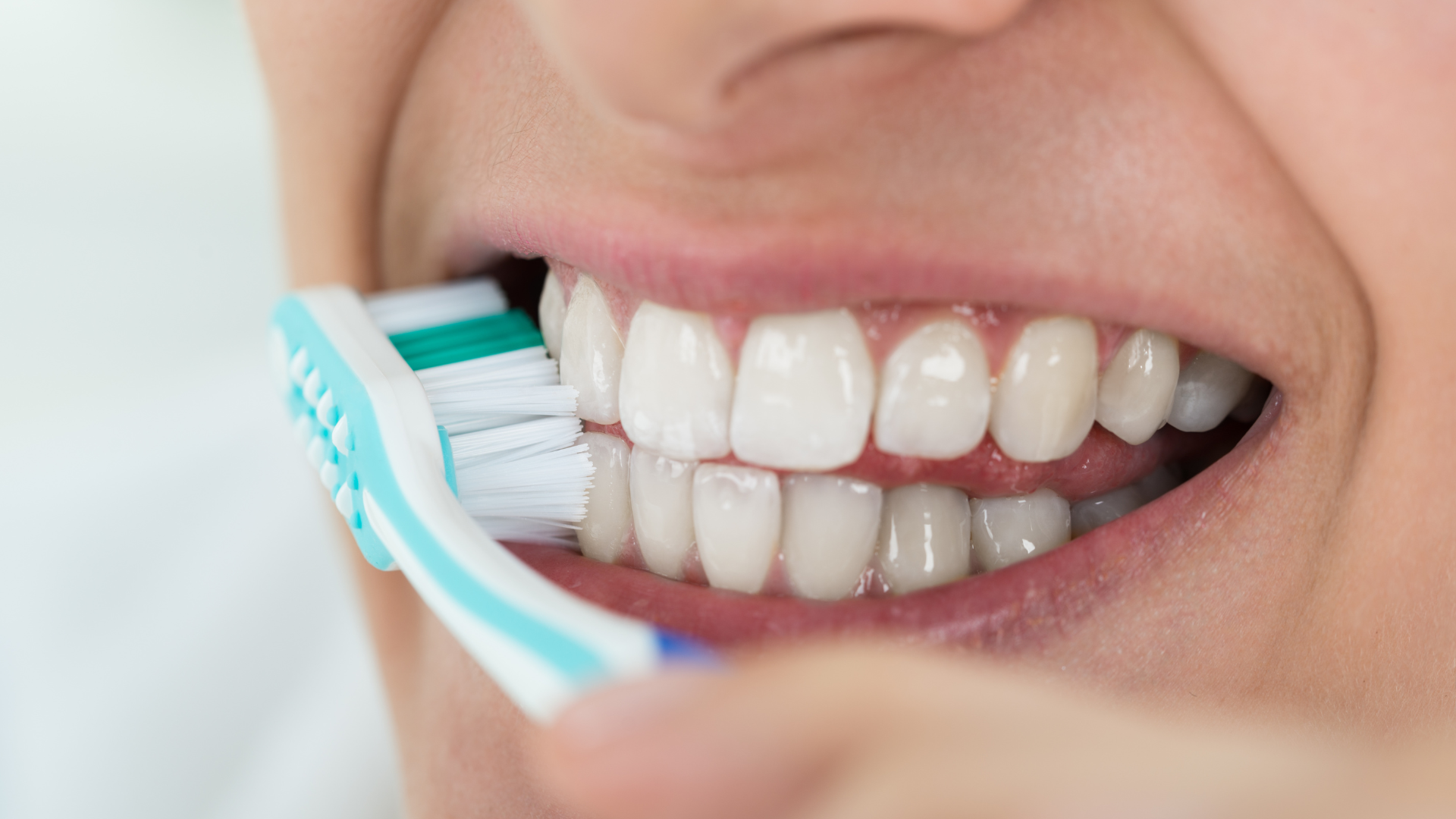How Often Should You Change Your Toothbrush?

One of the simplest ways to maintain good oral hygiene is by regularly changing your toothbrush. But how often should you change your toothbrush? This is a question many people overlook, often using their toothbrush long past its recommended lifespan. Neglecting to change your toothbrush can lead to a host of oral health issues, so it’s important to know when and why to replace it.
Why You Need to Change Your Toothbrush Regularly
The Australian Dental Association recommends changing your toothbrush every three months. Over time, the bristles on your toothbrush become worn and less effective at removing plaque and food particles. When bristles are frayed or bent, they can no longer properly clean your teeth, which can lead to plaque build-up. This plaque build-up can result in cavities, gum disease, and other dental issues.
In addition to wear and tear, your toothbrush can become a breeding ground for bacteria. If it isn’t stored properly or if it is used for too long, bacteria can accumulate on the bristles. This can introduce harmful germs into your mouth and compromise your oral health.
What Happens If You Don’t Change Your Toothbrush?
Failing to replace your toothbrush at the right time can lead to several problems. Here are some of the most common issues:
Gum Disease
When plaque is not properly removed, it hardens into tartar, which can irritate your gums and cause gum disease. Gingivitis, the early stage of gum disease, can progress to periodontitis if left untreated. Periodontitis is a more severe form of gum disease that can result in tooth loss and other complications.
Tooth Decay
An old toothbrush won’t effectively remove food particles and plaque from your teeth. When plaque builds up, it erodes the enamel, leading to cavities and tooth decay. This is especially concerning for individuals prone to decay, as using a worn-out toothbrush may accelerate the problem.
Bad Breath
Using a toothbrush that’s past its prime can also result in bad breath. Bacteria and food particles that remain in your mouth after brushing contribute to unpleasant odours. A fresh toothbrush will help ensure you’re effectively cleaning your mouth and keeping bad breath at bay.
Weakened Immune System
Since your toothbrush can harbour bacteria, continuing to use an old one can expose your mouth to harmful germs. This may increase your risk of infections and even weaken your immune system over time, particularly after illness. If you’ve been sick, it’s essential to replace your toothbrush immediately to avoid reintroducing bacteria into your body.
Tips for Proper Toothbrush Care
To get the most out of your toothbrush, store it upright and let it air dry between uses. Avoid covering your toothbrush or placing it in a closed container, as this can encourage bacterial growth. If the bristles become frayed before the three-month mark, replace your toothbrush sooner.
Contact Us
Maintaining good oral health starts with simple habits like replacing your toothbrush regularly. If you’re unsure about your dental care routine or have concerns about your oral health, contact us at Dr. Bobby Chhoker’s clinic. Our team is here to help you keep your smile healthy and bright.
